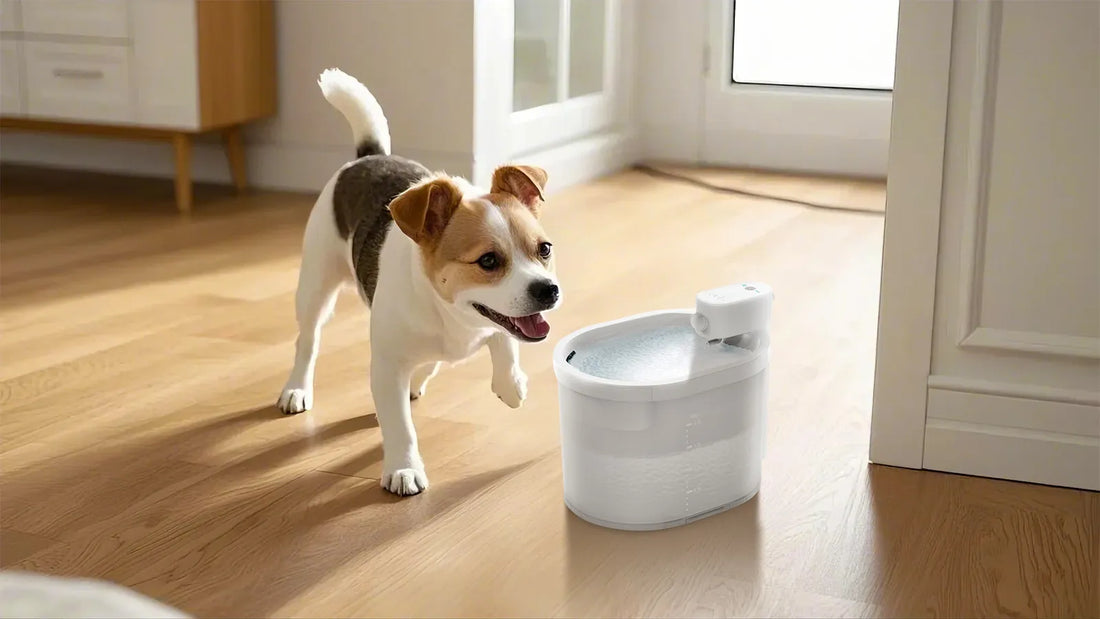When your dog stops eating but continues to drink water and vomits, it can be a distressing experience for any pet owner. This behavior often signals an underlying issue that requires attention. Understanding the possible causes and knowing when to seek veterinary care can make all the difference in your dog's health and well-being.
Common Causes of Loss of Appetite and Vomiting in Dogs
There are several reasons why your dog might not be eating but is still drinking water and vomiting. Some of the most common causes include:
- Gastrointestinal Issues: Conditions like gastritis, pancreatitis, or intestinal blockages can lead to vomiting and a loss of appetite.
- Infections: Viral or bacterial infections, such as parvovirus or leptospirosis, can cause these symptoms.
- Toxicity: Ingestion of toxic substances, including certain plants, chemicals, or spoiled food, can lead to vomiting and refusal to eat.
- Stress or Anxiety: Changes in the environment, routine, or the introduction of new pets can cause stress, leading to these symptoms.
- Underlying Medical Conditions: Kidney disease, liver problems, or diabetes can also result in a loss of appetite and vomiting.
Recognizing the Symptoms
It's essential to monitor your dog closely if they are not eating but drinking water and vomiting. Look for additional symptoms such as lethargy, diarrhea, abdominal pain, or changes in behavior. These signs can help your veterinarian diagnose the issue more accurately.
When to Seek Veterinary Care
If your dog's symptoms persist for more than 24 hours, or if they show signs of severe dehydration, weakness, or blood in their vomit, it's crucial to seek veterinary care immediately. Early intervention can prevent complications and improve the chances of a full recovery.
Home Care Tips
While waiting for veterinary advice, there are a few steps you can take to help your dog:
- Provide Fresh Water: Ensure your dog has access to clean, fresh water to prevent dehydration.
- Offer Bland Food: If your dog shows interest in eating, offer bland, easily digestible food like boiled chicken and rice.
- Monitor Their Condition: Keep a close eye on your dog's behavior and symptoms to provide accurate information to your vet.
Preventing Future Episodes
To reduce the risk of your dog experiencing similar issues in the future, consider the following preventive measures:
- Maintain a Balanced Diet: Feed your dog a high-quality, balanced diet appropriate for their age, size, and breed.
- Regular Veterinary Check-ups: Routine check-ups can help detect and address potential health issues early.
- Keep Toxins Out of Reach: Ensure that harmful substances are stored safely away from your dog.
- Minimize Stress: Create a stable and comfortable environment for your dog to reduce stress and anxiety.
Your dog's health is a top priority, and recognizing the signs of trouble early can make a significant difference. If your dog is not eating but drinking water and vomiting, take action promptly to ensure they receive the care they need. With the right approach, you can help your furry friend recover and thrive.













